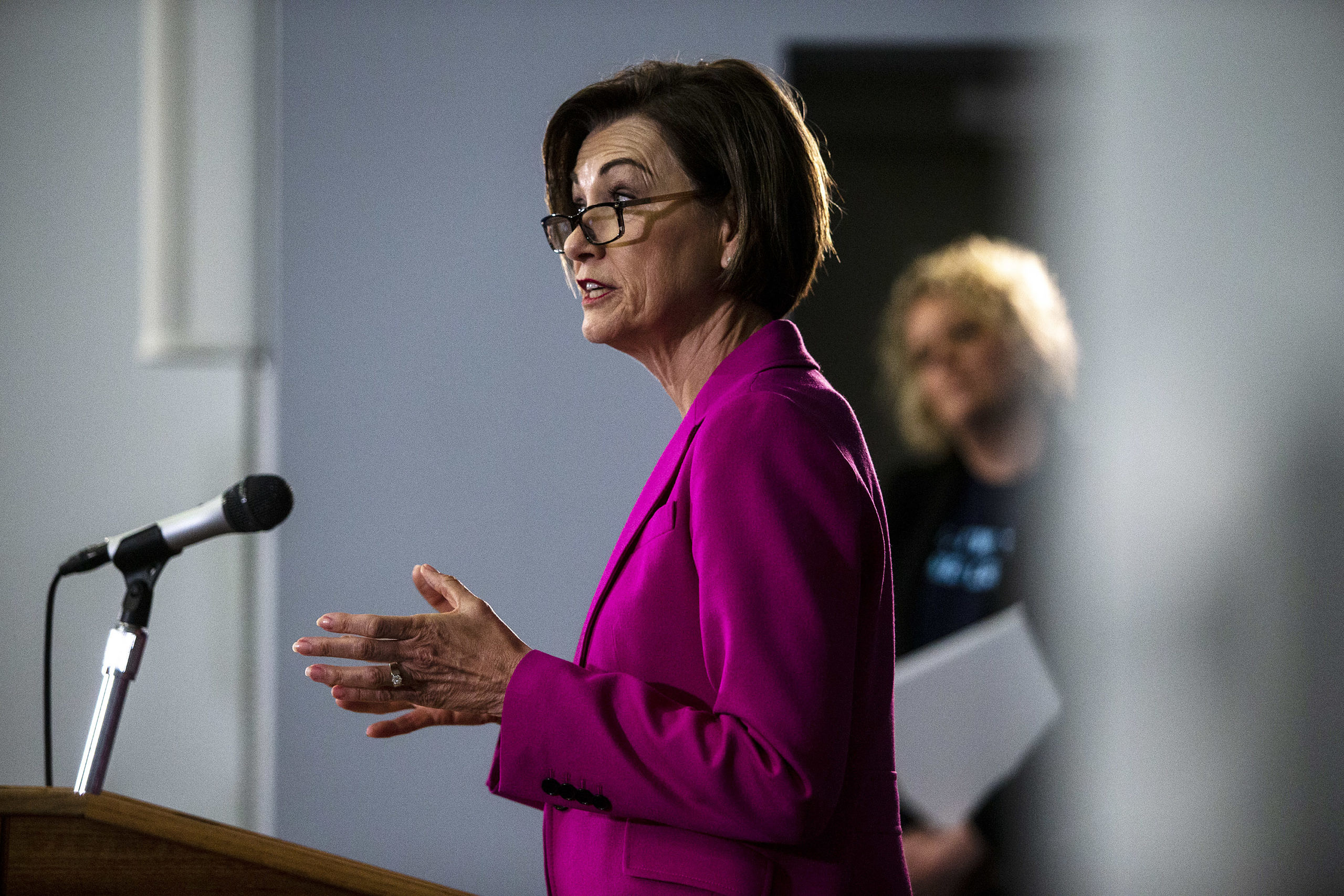What’s on your mind this weekend, Bleeding Heartland readers? This is an open thread.
I’ve been reading about the recent convictions of former Virginia Governor Robert McDonnell and his wife Maureen McDonnell on federal corruption charges. Both are likely to do prison time for accepting money and favors for personal benefit. Incidentally, McDonnell refused a deal that would have required him to plead guilty to just one charge, sparing his wife from prosecution. Iowa’s own former State Senator Kent Sorenson showed more chivalry–or was it wisdom, for once?–when he agreed to plead guilty on corruption charges, protecting his own wife from prosecution in connection with illegal payments.
While I have no problem with prosecuting greedy politicians, it occurs to me that the McDonnells’ outrageous actions (such as letting a wealthy businessman cater their daughter’s wedding) were less damaging to the public welfare than many more prevalent forms of “legal corruption.” No governor will be prosecuted for appointing wealthy donors to powerful state positions, where they may promote their own businesses or interfere with those they see threatening their industry. No governor will ever be prosecuted for giving interest groups undue influence on public policy, either covertly or openly. In the August 31 Sunday Des Moines Register, Richard Doak wrote an excellent piece on how Governor Terry Branstad has “put state government at the service of one segment of the people: the business community.” I’ve posted excerpts after the jump. Doak’s not talking about criminal activity, but he cites policies that have harmed Iowa more than any luxury vacation for the McDonnells could ever harm Virginia.
On a related note, the Brennan Center for Justice recently published a disturbing report on trends in federal campaign spending:
In recent cases like Citizens United and McCutcheon, the Supreme Court has been narrowing what counts as corruption in campaign finance cases to mere quid pro quo corruption. Quid pro quo is Latin meaning “this for that.” In other words only explicit exchanges of gifts for votes or campaign cash for official acts will count as corruption for the Roberts Supreme Court. But a new study entitled, “The New Soft Money” from Professor Daniel Tokaji and Renata Strause calls this narrow read of corruption into question.
Speaking of “dark money,” Iowa’s third Congressional district was among thirteen tossup U.S. House races examined in a separate Brennan Center report on outside political spending. A growing trend (not yet seen in IA-03) is for a super-PAC to be formed supporting a single Congressional candidate, giving “big donors a way of evading federal contribution limits.”
UPDATE: Over at the Center for Responsibility and Ethics in Washington’s blog, Adam Rappaport illustrates another example of legalized corruption: “issue ads” funded by dark money, which are clearly intended to influence elections. Although the “tax code plainly says section 501(c)(4) organizations must be ‘exclusively’ engaged in non-political activity,” the IRS interpretation allows dark money groups to fund blatant electioneering communications.
Continue Reading...

